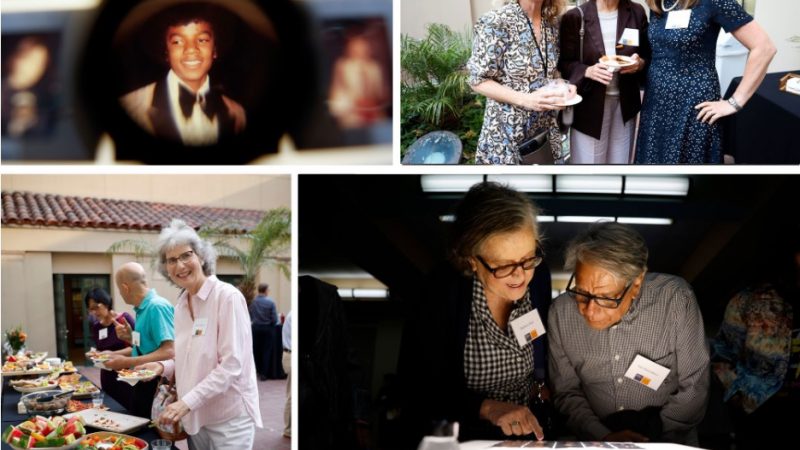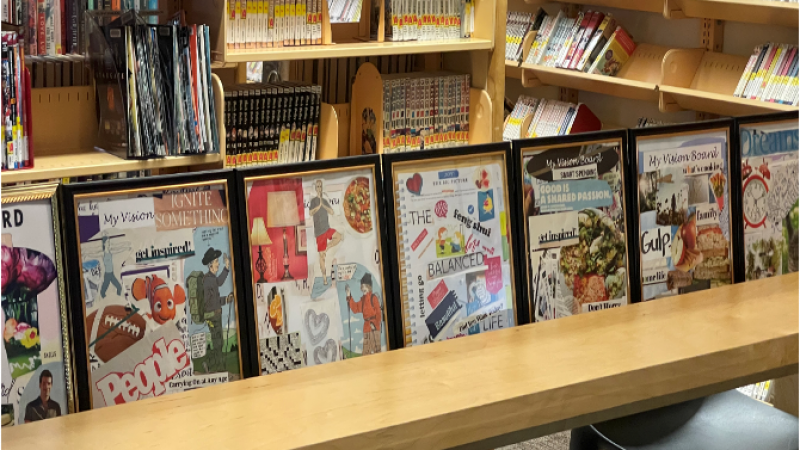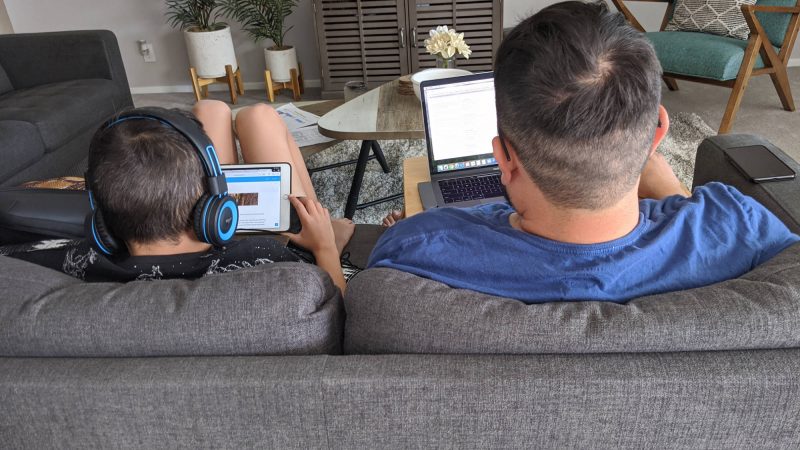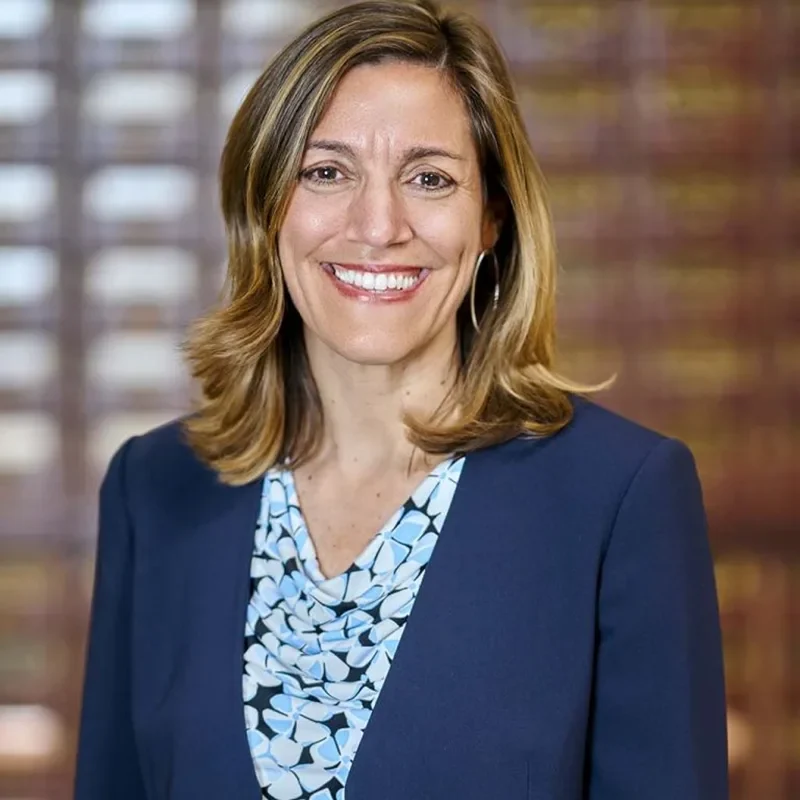“L.A. is the most culturally rich of U.S. cities, expansive in size, but also in spirit and imagination,” says Luis J. Rodriguez, who was appointed last October by Mayor Eric Garcetti as the second poet laureate in L.A. history. Besides being an award-winning author of 15 books, the founder of Tia Chucha’s Cultural Center and Bookstore in Sylmar, and an honorary host of the Library Foundation’s upcoming Book Drop Bash, Rodriguez is a fierce community activist.

City Librarian John Szabo, Mayor Eric Garcetti, and Danielle Brazell of the Department of Cultural Affairs welcome Rodriquez as L.A. Poet Laureate at the Central Library.
For forty years, Rodriquez has been active in gang peace and youth development, deeply rooted in the urban consciousness of many neighborhoods across Los Angeles. “We [Angelenos] have a complex history that includes diminishment, oppression, losses. But we also dream big and try to shape the world with big hands, big hearts, big minds.” Rodriquez is whole-heartedly embarking on his new poet laureate post with plans of collaborating with the Los Angeles Public Library, as well as schools, museums, community spaces, probation camps, juvenile halls, and more to make poetry “an everyday, every occasion thing” across every community. To kick of National Poetry Month this April, we asked how books changed his life, and here Rodriquez shares his personal story:
“In 1956 my family came to Los Angeles from the border area of Ciudad Juarez/El Paso. I didn’t speak English entering L.A. schools. In those days, they punished us for speaking Spanish. And they didn’t teach us English well. I began an intense street life—stealing at seven, breaking into schools at 10, joining a gang at 11, drug use at 12. My parents tried to keep a stable life, but my father worked as a custodian far away, leaving early, coming late. My mother had her hands full with four rambunctious children, and when she worked it was in the garment district or cleaning homes. Somebody fell through the cracks—it turned out to be me. I dropped out of school at 15 and my parents promptly kicked me out of the house. I was briefly homeless in downtown L.A., sleeping in abandoned cars, in all-night movie theaters, along the L.A. River. But one thing that saved me was books. I loved to read as I learned more English. At 10, a teacher read aloud “Charlotte’s Web” and I was hooked. Libraries became my refuge, in particular the Central Public Library, where I roamed the aisles during the day. I was the weird homie with books under my arms. Nobody else in my family or among my friends seemed to like books. Books never belittled me, beat me, or told me I’d “never amount to anything.” Despite nights in jail, drug use and violent acts, by age 19 I was done with “the crazy life.” I longed for another world, another person, one linked to deep social change and creative expression. By twenty, I had obtained a high school diploma, painted murals, took part in community protests—and my first son was born. I had transformed. Around five years later, I worked as a reporter and recited poems at cafes and cultural spaces. Books were there every step of the way.”
Stay tuned for more information about poetry programs with L.A.’s new poet laureate and check out his work at the Los Angeles Public Library!








